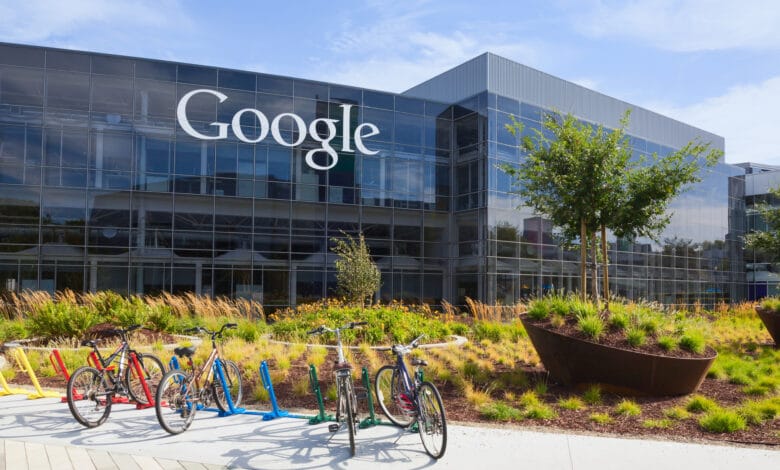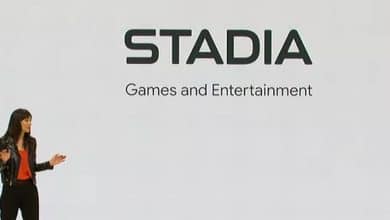
Google is sticking to two things: the end of classic cookies and the tracking of Internet users. However, work on the potential cookie successor FLoC has now been halted in favor of interest-based tracking.
No more cookies soon?
Google has – according to the assessment of many in the industry – ushered in the end of classic cookies with its plans. The Chrome browser, which is the world’s most widely used Internet browser, is to automatically block all cookies that do not originate from Google. The business model of playing out tailored advertising based on interests determined by cookie tracking is thus likely to soon come to an end.
The plans are meeting with correspondingly strong opposition from all those companies that derive significant parts of their revenue from this model. Press and advertising associations have already filed a complaint with the EU Commission.
FLoC: division into cohorts
As an alternative to the cookie model, Google wanted to make a cohort classification of users. This project went under the name FLoC – Federated Learning of Cohorts. In the Chrome browser, the behavior of users was to be tracked in such a way that they could be assigned to a cohort of people with very similar interests, for whom cohort-specific advertising would then be played. The competition saw this model primarily as an opportunity for Google to cement its dominance in this area. Amazon opposed the FLoC model for this reason and announced that it would not support it. In addition, privacy concerns have been raised; for example, it has been suggested that de-anonymization of individual cohort members could be possible.
Topics: Assignment to interest groups
The cohorts are now replaced by the Topics concept: Google wants to define fixed interest groups in advance, based solely on certain topics, and assign users to these interest groups. Instead of comparing individual user behavior and the subsequent matching with other users, a comparison is now to be made with previously defined parameters. Such topics could be “computers,” “soccer,” or “healthy eating.
Customized advertising is then played on the basis of this category. The model is thus similar to that of ad playout in analog media: Here, too, the selected ads are played primarily on the basis of the fit to certain interest categories – and not completely individualized. In a motorcycle magazine, for example, ads for helmets, kidney belts, etc. can be found, since it is written by people who are interested in motorcycles and the like. Such advertising is less data-intensive overall than that which has prevailed on the Internet to date.




No replies yet
Neue Antworten laden...
Neues Mitglied
Beteilige dich an der Diskussion in der Basic Tutorials Community →